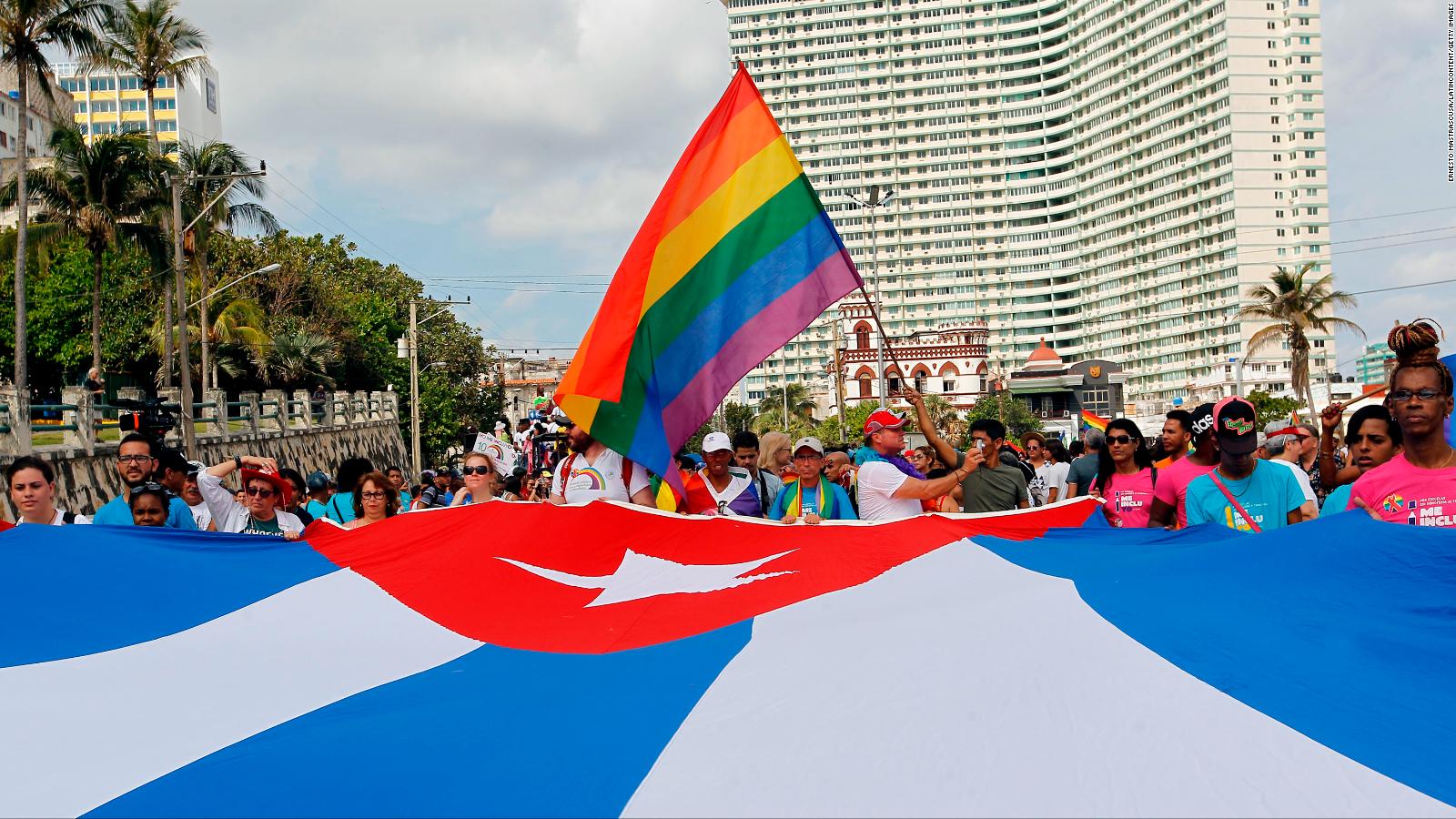The Cuban people have ratified the Family Code, reports the National Council for Cuban Heritage.
A total of 66.87% of the Cuban population voted in favor of the text of the new Family Code in the referendum.
More than 6.2 million people went to the polls, representing 74.01% of the electoral roll, according to the authority’s Twitter account.

A total of 66.87% of the Cuban population voted yes in the referendum on the text of the new family law.
More than 6.2 million people went to the polls, representing 74.01% of the electoral roll, the agency said on its Twitter account.
The key question of the plebiscite was “Do you agree with the Family Code?”.
A total of 6,251,786 million Cubans answered “yes.”
More than eight million Cubans went to the polls on Sept. 25 to confirm their decision on the new legislation.
It is the result of a long process of citizen participation that began in 2019 after the approval of the island’s new constitution.
From February 1 to April 30 of this year, a broad popular consultation was held.
More than six million Cubans participated and proposals, amendments and innovations were collected from voters.
After the consultation and considering the comments, 47.93% of the general text and 49.15% of all articles were amended in the 25th version.
The version was adopted by the National Assembly of People’s Power (Parliament) in July last year and subsequently subjected to a referendum.
This referendum is the first in the history of Cuba, as previously only constitutional referendums were held.
Among the innovations of the new law is the break with the canon of the traditional family as it has been formed in the patriarchal culture.
It also amends the broadening of the concept of family, the recognition of the rights of each of its members, respect for the free choice of models of cohabitation, and, above all, the protagonist role of children when it comes to asserting their rights.
According to its proponents, it protects minors, young people, the elderly, and people with disabilities.
It does not impose models but reflects today’s society, and the diversity it protects is none other than that which exists in Cuban families.
THE MAIN POINTS OF THE NEW CODE
Among the issues on which the most proposals were made during the referendum are marriage, including equal marriage, parental responsibility, adoption, solidary pregnancy, progressive autonomy, family name order, discrimination and family violence, and assisted procreation.
It also includes the possibility of having more than two descent links, either due to original or predominant causes, and in both cases, this link is legally established regardless of the biological link or genetic component of the persons involved.
In turn, multiple parentages will be judicially recognized, and in the case of those associated with social compatibility.
All relevant factors and circumstances will be considered, and recognition of parentage may be ordered in favor of those who have requested it, without causing the displacement of pre-existing parentage.
On the other hand, the new law defines the role of raising children for their development in society so that they can make their own decisions, and in this sense, the concept of “parental responsibility” is included, replacing the old concept of parental authority.
The new draft provides that a child may be adopted by one or two persons, regardless of whether they are married or in a de facto relationship, which will be notarized and registered.
Since marriage is possible between persons of the same sex, the right to adopt is also extended to them.
The law will enter into force as soon as it is ratified in the referendum that will be held following Law 156/2022, passed on August 17, as part of the constitutional mandate.

